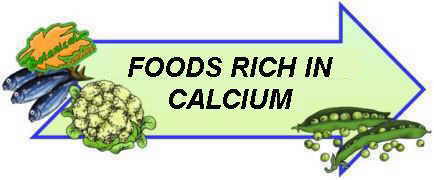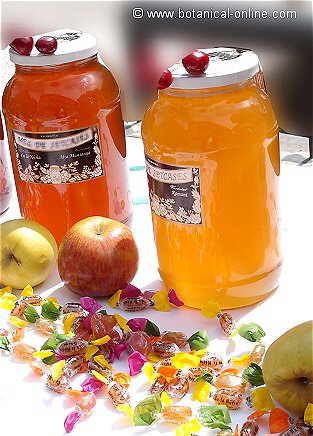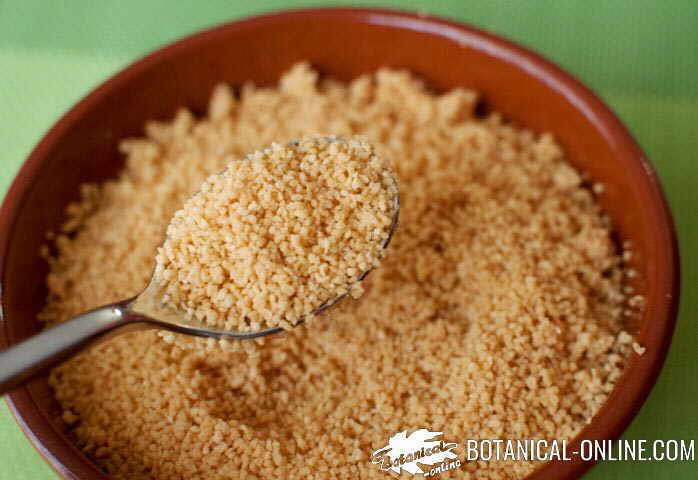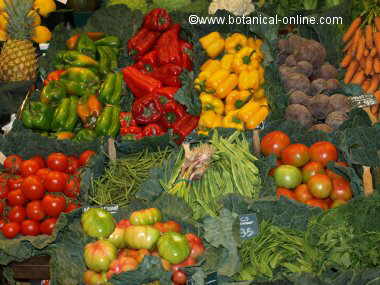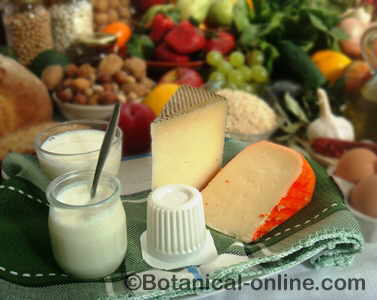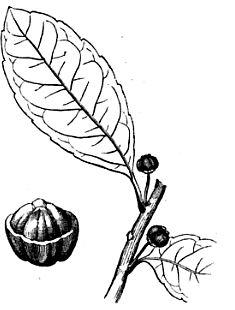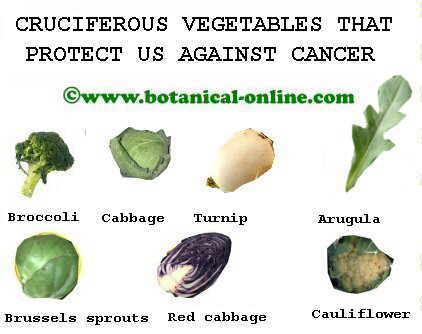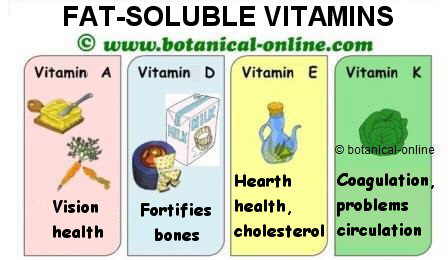Contents
Non recommended food for the bones
A diet rich in calcium is not enough to have strong bones
A diet rich in calcium is not enough to get strong bones, but also its contribution should be framed within a balanced diet, with plenty of vegetables, legumes, fresh fruits, nuts and seeds.
It is not recommended that all the calcium in the diet comes only from dairy products or vegetable drinks fortified with calcium.
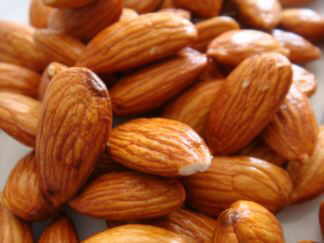 Almonds are good for bones because of their richness in proteins, fiber, magnesium, calcium, folic acid, vitamin E, …
Almonds are good for bones because of their richness in proteins, fiber, magnesium, calcium, folic acid, vitamin E, …
Good food for bones:
The ideal is to include in the diet plant foods very rich in calcium, such as:
- Legumes: Chickpeas, lentils, tofu, …
- Nuts and seeds: Sesame (Sesame seeds or tahini), almonds, walnuts, hazelnuts, …
- Vegetables rich in calcium: Not all are rich in calcium, the most contributing are broccoli, cauliflower and all cruciferous in general. They are very antioxidant and rich in components necessary for the maintenance and formation of the bone matrix.
- Seaweed: hijiki, wakame, kombu, arame, …
Protectors and bone formers
In addition to the foods mentioned above, aspects of the diet necessary for calcium to be assimilated correctly must be taken into account. The factors that influence the formation and elimination of calcium in the body are:
Factors that increase the fixation of calcium in the bone | Factors that increase the calcium elimination |
|---|---|
|
|
Foods that increase calcium elimination
- The abuse of consumption of cola with gas and soft drinks is harmful. The gas present in carbonated beverages is converted in the body into carbonic acid, an acidic substance that mobilizes calcium from the bones, causing bone decalcification. These drinks should be moderated or others consumed without gas.
- Excess of salt in the diet: a diet rich in salt increases the renal elimination of calcium. The foods with excess of salt are the parmesan very cured cheeses, conserved in salt, salted, sausages, etc. If consumed, it should be in occasional and in moderation.
- Bran of cereals: Wheat bran or fiber cereals (made with bran) contain much phytic acid, which sequesters calcium and prevents its assimilation (phytates).
- Excess of refined sugar in the diet: Taking too much sugar increases cortisol levels and bone deterioration. A lot of sugar decreases bone density.
- Antacids: An acidic medium is necessary for the assimilation of calcium. People who regularly take antacid medications absorb less calcium.
- Avoid tobacco and coffee: these two substances lower the calcium in the body.
Do not abuse vegetables rich in oxalates
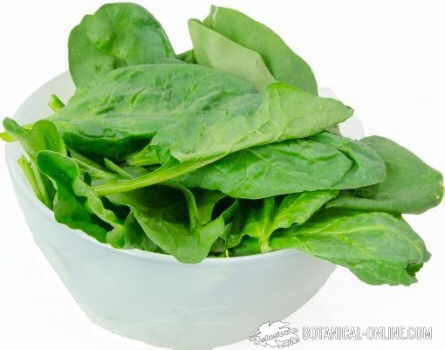 Spinach in a bowl
Spinach in a bowl
Oxalates capture and prevent the absorption of calcium. Vegetables rich in oxalates, such as spinach, Swiss chard and beet, should be boiled before drinking.
These components are soluble in water and, when boiled, oxalates stay in the broth. In this way we take less oxalates.
It is also not recommended to take pure cocoa daily, which due to its high content of oxalates, decreases the absorption of calcium.
Factors that worsen the fixation of calcium in bones
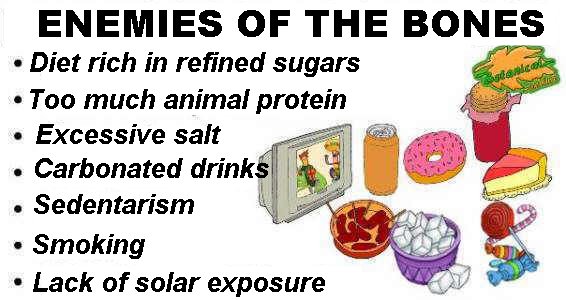 Summary of the factors that increase the elimination of calcium (excess sugar, too much animal protein in the diet, excess salt, carbonated drinks), not sunbathing and sedentary lifestyle
Summary of the factors that increase the elimination of calcium (excess sugar, too much animal protein in the diet, excess salt, carbonated drinks), not sunbathing and sedentary lifestyle
- Sedentary life: It is one of the main factors to take into account when you should increase the health of bones. Exercise has numerous benefits due to the formation of muscle (closely related to bone health), and reduces the risk of osteoporosis.
- Chronic stress: stress increases the levels of corticosteroids or stress hormones in the body, which leads to further bone deterioration.
- Solar exposure: the body is able to make vitamin D from cholesterol, by the action of solar rays. (more information). Not sunbathing favors bone deterioration
- Smoking: It affects the health of the bones from several aspects, among which: it diminishes the absorption of calcium and when forming the formation of free radicals in the organism, it increases the deterioration of tissues (including bones).Smokers should take many antioxidant foods, such as vegetables, pumpkin or carrot cream, raw carrots, salads and fruits (studies have shown that smokers are recommended to eat more antioxidant foods than to take antioxidant supplements).
Foods rich in calcium
![]() More information on osteoporosis.
More information on osteoporosis.

